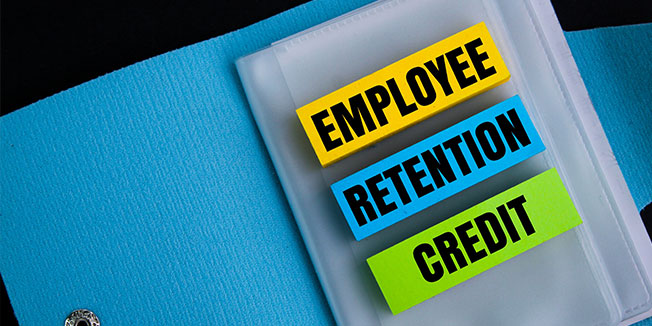Effective methods to allocate costs for informed decision-making A significant challenge facing many not-for-profit (NFP) organizations involves determining how much of their resources and...
Continue Reading- What We Offer
- By Service
- Accounting & Advisory Services
- Assurance Services
- Consulting Services
- Business Intelligence Consulting
- Financial Consulting
- Healthcare Consulting
- Risk Consulting
- Business Impact Analysis
- Disaster Recovery: Business Continuity Planning
- Forensic Accounting
- Fraud Prevention and Training
- Internal Audit Services
- Internal Audit Transformation Consulting
- Internal Audit Outsourcing and Co-Sourcing
- Quality Assessment Review (QAR) Services
- Sarbanes-Oxley (SOX) Consulting
- Internal Controls Consulting
- Technology Consulting
- Cybersecurity Consulting
- Cybersecurity Maturity Model Certification (CMMC Compliance)
- General Data Protection Regulation (GDPR) Compliance
- Strategic Information Technology (IT)
- Information Technology (IT) Systems Selection, Implementation and Consulting
- Information Technology (IT) Assessments & System Reviews
- PCI Data Security | Payment Card Industry Security Standards
- Tax Services
- Opportunity Zones
- Accounting Standard Codification 740 (ASC 740)
- Canadian | U.S. Tax Compliance | Cross Border
- Cost Segregation Services
- Historic Tax Credits
- International Tax Services
- IC-DISC
- Research & Development Tax Credits | R&D
- Freed Maxick Guide to the Federal Research and Development Tax Credit
- Schedule K-1 Tax Form
- State and Local Tax Services | SALT
- Tax Credits
- Tax Reform
- By Industry
- By Service
- About Us
- Blog
- Careers
- Contact





